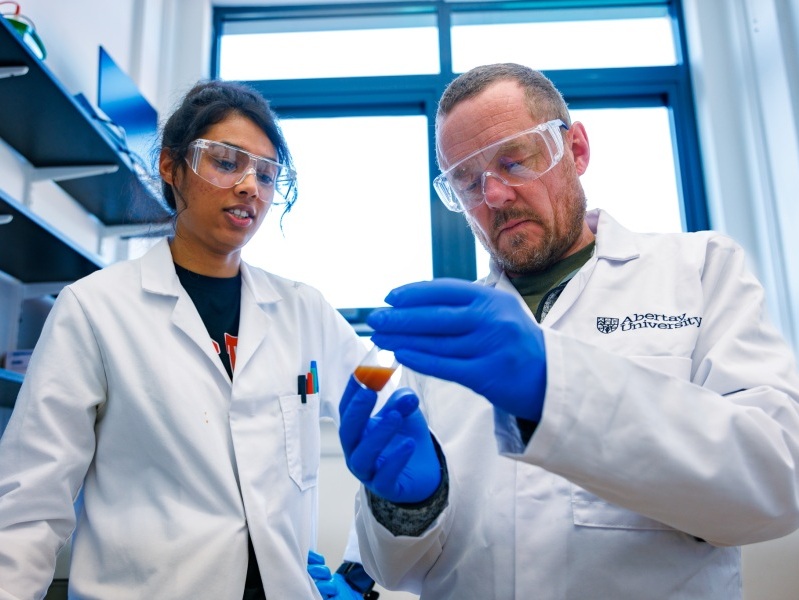New Blood Test Detects Up to Five Infectious Diseases at POC
Posted on 12 May 2025
Researchers have developed a prototype flow-through assay capable of detecting up to five different infections, with results that can be quickly analyzed and transmitted via a specialized smartphone app. This innovative process holds the potential to greatly accelerate diagnostics that traditionally take weeks, providing real-time data while being more cost-effective than current lab-based testing methods. Initially focusing on tuberculosis as a pilot case, the researchers designed the test, which operates similarly to a lateral flow device, to detect a variety of infections and, notably, to simultaneously identify multiple infections.
This research, conducted by Bangor University (Gwynedd, Wales) and Abertay University (Dundee, Scotland), utilized serum samples provided by the World Health Organization (WHO) from regions where TB is prevalent. The researchers created a prototype test by developing a new in-house method to produce antibody-coated gold nanoparticles, which are essential for the test’s effectiveness. The team then advanced the prototype into a multi-disease screening tool by designing a wax-printed background, which enabled the simultaneous testing of up to five different responses. This innovation allows for results to be delivered in just 15 minutes, significantly lowering the cost of testing.

The test demonstrated a sensitivity of 90% and a specificity of 63% in detecting TB, making it a reliable tool for identifying cases and providing an efficient screening method in remote areas. A smartphone application (RAP-TBS) was also developed to offer quantitative analysis of the test results. This means that the test can be performed directly in rural villages, delivering instant results and reducing the need for patients to travel long distances to access laboratory facilities, a common issue in countries with limited laboratory infrastructure. Moving forward, further research will focus on extending the shelf life of the detection reagents, enhancing precision, and collaborating with healthcare providers to integrate this tool into existing healthcare systems.
“With further development, this innovative device has real potential to provide a very rapid screening tool for the diagnosis not only of TB, but also of other significant human and animal infections caused by mycobacteria,” said Professor Mark Baird, Emeritus Professor at Bangor University. “TB remains one of the major causes of death worldwide, despite being both preventable and treatable and, with further development, this research has the potential to make a real impact. In many parts of the world, patients wait weeks—sometimes months—for a diagnosis, during which time infections can spread unchecked.”
“The development of this prototype blood test represents a significant leap forward in healthcare innovation, offering rapid detection and potentially life-saving diagnoses for multiple infectious diseases in remote areas,” added Professor Christopher Gwenin of Abertay Unversity who led the research. “Improving our ability to detect and treat cases of TB and the many other diseases that blight the developing world is an important stream of work and an area where further R&D investment is required to maintain momentum. The ability to detect TB rapidly could transform the diagnosis timeline and this is particularly vital in rural areas, where people lack access to adequate diagnostic services. Although still in the prototype phase, this research lays the groundwork for a scalable, mobile, and data-driven solution to tackle some of the world’s most persistent infectious diseases.”
Related Links:
Bangor University
Abertay University














